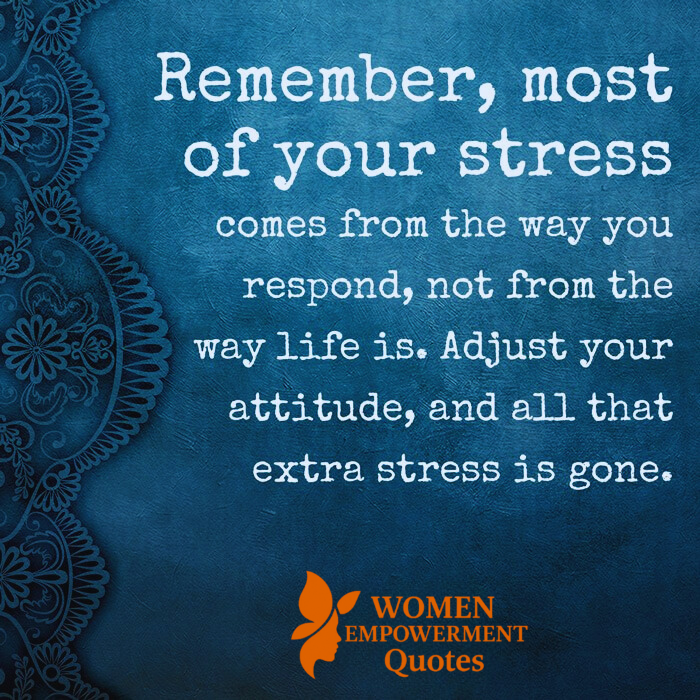
A Gentle Reminder: Stress Begins in the Mind
Stress is a part of being human—but more often than not, it’s not the situation itself that wears us down, but how we choose to respond to it. It’s easy to blame external circumstances for our distress, but many of the pressures we feel actually arise from our inner dialogue and how we interpret the world around us.
Psychology and neuroscience tell us that our mindset plays a powerful role in shaping both our emotional and physical responses. The human brain, designed for survival, tends to react swiftly to anything perceived as a threat—even when the threat is not life-threatening, but emotional or social in nature.
When life throws us curveballs, our instinct may be to panic or spiral into worst-case scenarios. But those initial reactions aren’t always accurate or helpful. With practice, we can pause, reassess, and choose to respond in a way that reduces tension instead of escalating it.
Reframing Our Stress Through Awareness and Intention
We can begin to transform our stress by shifting our perspective. If we start viewing challenges as opportunities for growth rather than dangers to avoid, we engage more hopeful, resilient parts of our brain. This mental reframing empowers us to take action with clarity and composure.
Mindfulness is another powerful tool. Simply being present—breathing slowly, noticing our thoughts without judgment—can interrupt stress before it snowballs. Over time, mindfulness can retrain the brain to respond with calm, rather than chaos.
Additionally, self-awareness practices such as journaling or cognitive behavioral techniques allow us to identify and replace destructive thought patterns with more grounded, compassionate ones. We learn that not every negative thought deserves our belief.
Daily Choices That Build Resilience
Managing stress isn’t just a mental game—it’s also about how we care for ourselves physically and emotionally. Regular movement, nourishing food, enough rest, and time spent doing what we love create a strong foundation for emotional strength.
Connection matters too. Sharing your burdens with people you trust, or seeking professional support when needed, is not weakness—it’s wisdom. We’re not meant to carry life’s weight alone.
Even something as simple as practicing gratitude can shift the emotional atmosphere of your day. When we focus on what we can control, and release what we can’t, we create space for peace to return.
Stress May Visit, But It Doesn’t Have to Stay
The truth is, life won’t stop being challenging. But we can get better at meeting those challenges with steadiness and grace. The more we strengthen our internal response, the less control stress will have over us.
Ultimately, it’s not about avoiding stress entirely, but transforming the relationship we have with it—so that, even in adversity, we can breathe, think clearly, and carry on.
Words to Carry With You
“The greatest weapon against stress is our ability to choose one thought over another.” – William James
“If you want to conquer the anxiety of life, live in the moment, live in the breath.” – Amit Ray
“With an enduring commitment to daily mindfulness practice, we can make our lives free of all that gives rise to anxiety and suffering.” – Christina Feldman
“Your mind will answer most questions if you learn to relax and wait for the answer.” – William S. Burroughs
Write Your Prayer